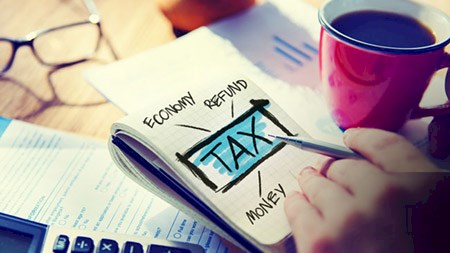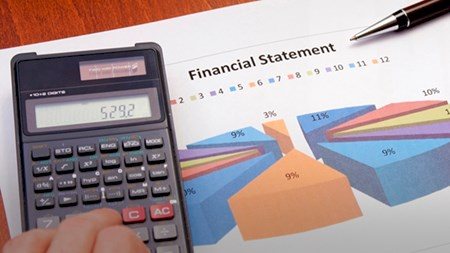Those homeowners who buy a property with the idea of writing off expenses to reduce their personal tax, should be very clear on what the law states.
They should also have clarity on current legislative and administrative changes that impact the SA property industry. If you own and live in a residential home, there are no tax benefits. Before you invest in a property with the idea of benefiting from any costs, consult a tax consultant, your auditor, wealth managers/companies, or visit your local SARS office to get their expertise firsthand.
As advised by Craig Hutchison, CEO of Engel & Völkers Southern Africa “We are all responsible for our own finances, and we need to be clear on and fully understand what we are investing our hard-earned money in. Also, you need to know if this would be a short-term or long-term investment that you are planning. An investment in property is possibly the largest investment you will ever make.”
Tax benefits on homeownership expenses apply specifically to second homes bought for investment and the buy-to-let market.
According to Di Seccombe, National Head of Tax Training at audit and advisory firm Mazars, “With increased rental demand stimulating growth in the 'buy-to-let' market, expenses claimed for repairs and maintenance will be scrutinised by SARS. Expenses incurred in respect of repairs have to relate to trade assets that are damaged or have deteriorated. Expenses incurred replacing assets that are serviceable for purely aesthetic reasons will not qualify for a tax deduction. The cost of improvements, reconstructions, or additions to a property cannot be deducted as these expenses are of a capital nature. Neither will a deduction be allowed for repairs, if you repair a property that was previously let and which you now want to occupy or sell. You have to make the repairs whilst your property is being let.”
Also worth noting, she says, is that there is a fine line of distinction between repairs and maintenance on the one hand, and improvement and reconstruction on the other. Each case is assessed on its' own merits.
On the SARS website,www.sars.gov.za the benefits of a tax on rental income are unpacked in an easy and understandable format.
If an individual rents out a property and gets a rental income, it will be taxed.
Rental of residential accommodation includes:
holiday homes
bed-and-breakfast establishments
guesthouses
sub-renting part of your house e.g. a room or a garden flat
dwelling houses
similar residential dwellings
The rental income you get should be added to any other taxable income you may have. A refundable deposit paid by a tenant is not taxable provided it is kept separately in a trust account and is not used by you but if it is forfeited by the tenant then it's seen as taxable income.
The taxable amount (rental income) may be reduced as you may incur expenses during the period that the property was let. Only expenses incurred in the production of that rental income can be claimed. Any capital and/or private expenses won't be allowed as a deduction.
Which expenses are allowed?
Expenses that may be deducted from taxable income include:
rates and taxes
bond interest
advertisements
collection fees of estate agents managing the property
insurance (only homeowners not household contents)
garden services
repairs in respect of the area let and
security and property levies
Which expenses are not allowed?
Maintenance and repairs should be noted as specific costs and should not be confused with improvement costs. The latter is a capital expense that would be included in the base cost of the property, to effectively reduce the capital gain (or loss) on the disposal of the property, for capital gains tax purposes.
When it comes to VAT expense claims, the supply of a “dwelling” is an exempt supply for VAT purposes, and you can't deduct VAT incurred on its expenses.
What if the expenses exceed your rental income?
Should the expenses exceed the rental income, the loss should be available to be offset against other income earned by the homeowner, provided that losses are not “ring-fenced” in terms of prevailing anti-avoidance provisions. For more information, see the SARS Guide on ring-fencing of assessed losses arising from trade conducted by individuals.
The homeowner must effectively be able to satisfy SARS that he is carrying on a bona fide trade through the rental of his property.
Craig further emphasises the need to get expert advice from a professional tax consultant before making any property purchase with the idea of benefiting from being able to deduct some taxable expenses.
SARS will not be lenient if you try and avoid paying your taxes due on income from second-homes or rental properties, or claim expenses that are not allowed.



